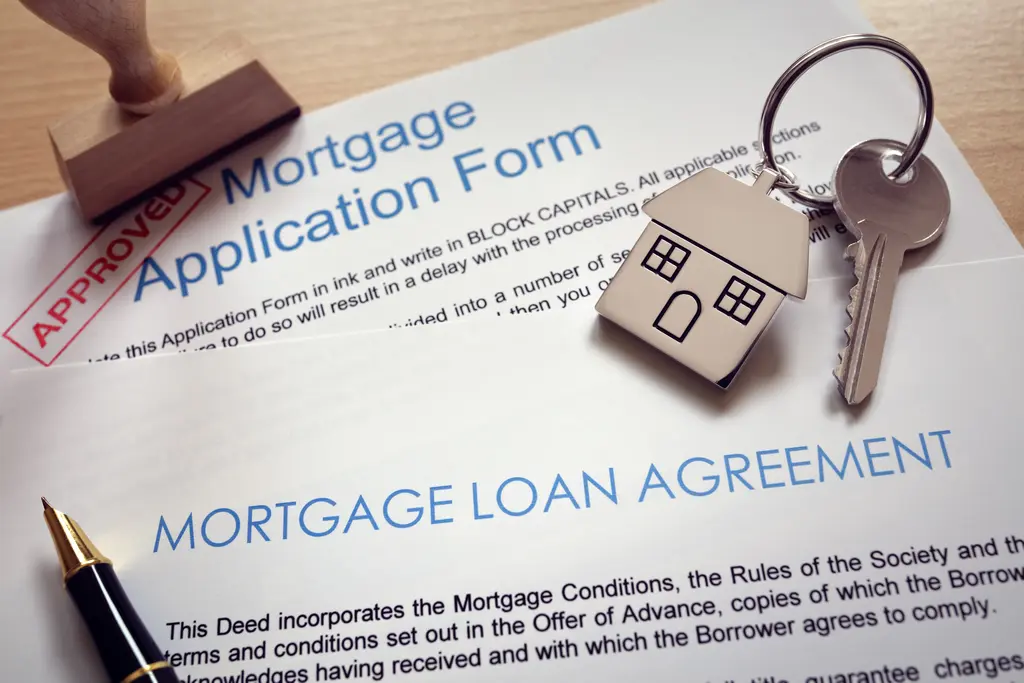Are Mortgage Modifications a Good Idea?
Due to the current situation, a lot of homeowners are facing financial hardship and are struggling with unpaid monthly mortgage payments. The good news is that many lenders and loan servicers are willing to help. However, help is only available to those who ask for it. If you are facing financial problems due to missed mortgage payments, get ahead of the issue by checking your eligibility for a refinance or modification. As the borrower, look into your options and work on your monthly mortgage payment as soon as possible. Since you are responsible for what you owe, it is important to contact your mortgage servicer before your loan becomes delinquent.
If you are struggling to pay your mortgage, consult with reliable Aurora bankruptcy attorneys to know what is the most appropriate way to deal with missed monthly payments given your circumstance.
Successful homeownership is not an easy feat. Because buying a new home is not cheap, it is not uncommon for an aspiring homeowner to get a loan that would be difficult to pay off. There are several mortgage modification programs that are available for delinquent borrowers. Several mortgage modification programs are shed more light on this matter, this article will cover the following:
- The loan modification and how it can stop foreclosure
- Types of loan modification programs
- Learning how to get a mortgage loan modification
- Things to consider when you get a loan modification
The Loan Modification and How It Can Stop Foreclosure
 Broadly speaking, a loan modification changes the terms of an existing loan. Unlike refinancing, the loan is not replaced with a new mortgage; it is, from the name itself, only modified. If you have fallen behind your monthly mortgage payments, you may be at risk of losing your home. However, depending on the circumstances, you may be eligible for a loan modification. This can make it easier for you to stay on top of mortgage payments and avoid the foreclosure process.
Broadly speaking, a loan modification changes the terms of an existing loan. Unlike refinancing, the loan is not replaced with a new mortgage; it is, from the name itself, only modified. If you have fallen behind your monthly mortgage payments, you may be at risk of losing your home. However, depending on the circumstances, you may be eligible for a loan modification. This can make it easier for you to stay on top of mortgage payments and avoid the foreclosure process.
One downside associated with a modification is it is being temporary. You will likely need to return to the original terms of your home mortgage and repay the amount that was deferred before you can qualify for a new purchase or refinance loan. After permanent modifications, most lenders would require a record of 12 or even 24 on-time payments. This is used to determine your ability to repay a new loan. Additionally, depending on how your loan is modified, your mortgage term can be extended. This would mean that it will take longer for you to pay off your loan (will cost you more, depending on the interest rate).
Generally, mortgage loan modification is typically reserved for homeowners who are already delinquent or struggling with their loan repayment. A loan modification will likely be included in your credit report. The dip in your credit score can affect your ability to qualify for other loans for a certain time. However, if you are on the brink of losing your home, the benefits of a home loan modification (it can help avoid foreclosure) far outweigh the consequences.
Types of Loan Modification Programs
Most lenders and servicers offer their loan modification programs. If this is not the case, you will need to check if you are eligible for other assistance programs that can help you modify or even refinance your mortgage.
While the Home Affordable Modification Program (HAMP) previously offered by the federal government expired in 2016, Fannie Mae and Freddie Mac currently have a foreclosure-prevention program. If your mortgage is owned or guaranteed by either Fannie or Freddie, you may be eligible for their Flex Modification program.
On the other hand, the federal Home Affordable Refinance Program (HARP) was replaced by Fannie Mae’s High Loan-to-Value Refinance Option and Freddie Mac’s Enhanced Relief Refinance in 2019. An experienced Aurora bankruptcy lawyer can explain these programs in more detail, provide mortgage help, and evaluate common foreclosure alternatives vis-a-vis bankruptcy filings.
Learning How to Get a Mortgage Loan Modification
If you are struggling to make your mortgage payments, avoiding phone calls or procrastinating will only make things more complicated. The goal of a loan modification is to help a homeowner catch up on missed mortgage payments, often by lowering the loan payment per month. Decreasing the interest rate or extending or shortening the terms of the loan is also possible.
A loan modification program is generally helpful in avoiding foreclosure. However, since the loan modification application process varies from lender to lender, it is important to contact your mortgage lender or loan servicer as soon as possible. Generally, financial statements, pay stubs or proof of monthly income, tax returns paperwork, and other supporting documents must be submitted. Some would also require proof of hardship or a financial hardship letter explaining why a modification is necessary.
One must be aware, however, that loan modification companies are claiming that they are experts at negotiating a modification when, in fact, haggling is not part of the legal process. Once guidelines set by the U.S. Department of Housing and Urban Development and the investor or lender have been met, the application for a loan modification should be approved.
Things to Consider When You Get a Loan Modification
Paying back a loan modification will depend on the type of modification that was approved. Some lenders would apply a reduced interest amount (to your loan’s principal) which you must later pay back. In the case of a principal deferral loan modification, the lender will reduce the amount of principal paid off with each payment. However, the principal amount deferred will likely be due when the home is sold, or when the loan matures.
While there are no closing costs for a mortgage modification, your lender may charge a processing fee. Additionally, since a mortgage loan is a contract, no lender is obligated to agree to a loan modification. If your financial situation will make it impossible for you to repay the mortgage loan, you will likely be denied a modification. While an appeal may be filed with the mortgage servicer, this may be a sign for you to explore other possible options.
A trusted Aurora bankruptcy attorney can answer inquiries related to a home mortgage, such as the difference between a first mortgage and a second mortgage. He or she can also explain the pros and cons of a deed in place of foreclosure when filing at the bankruptcy court is more recommended than a loan modification. Contact us at Cutler Law and consult with an expert from our bankruptcy law firm. Let us help you be free from debts and how to avoid getting stuck in a financial rut.


